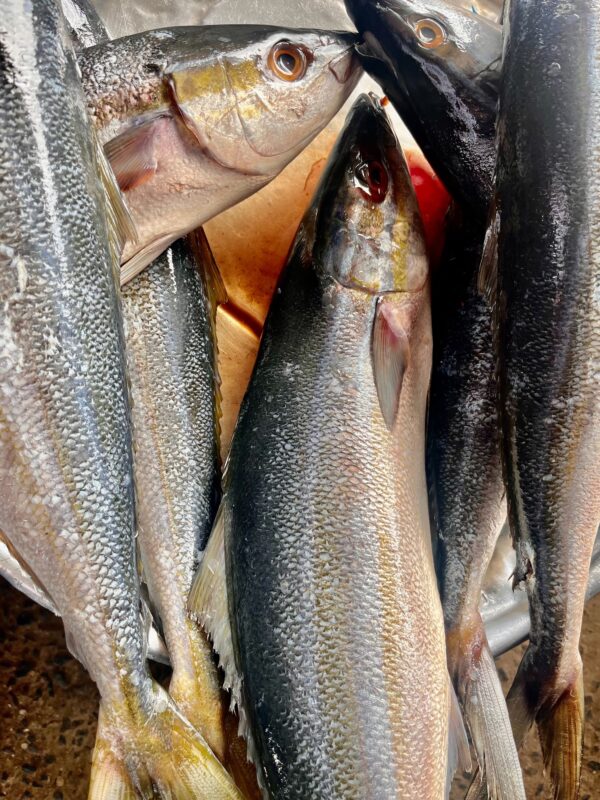Advocacy groups aim for the government to adopt adequate transparency measures of the Global Charter for Fisheries Transparency between 2025 and 2028.
An election pledge launched today by the Coalition for Fisheries Transparency (CFT), a global network of civil society organizations that advocate for greater transparency and accountability in fisheries, together with the Environmental Justice Foundation, seeks to bring greater transparency in Ghana’s fishing sector. By signing the pledge, politicians are committing to implement the policy measures of the Global Charter for Fisheries Transparency that address lack of transparency in data on vessel information, fishing activity, and fisheries management and government which enables illegal, unreported and unregulated (IUU) fishing, as well as human rights and labor abuses at sea.
“This election provides Ghana with the opportunity to demonstrate real progress towards sustainable fisheries management,” said Maisie Pigeon, Director of the Coalition for Fisheries Transparency. “Adopting adequate fisheries transparency measures is critical for strong fisheries governance, and we’re ready to work with the new administration to help Ghana enact these vital policies to not only counter illegal fishing, but to ensure the voices of small-scale fishers and coastal communities are considered in decision-making,” she added.
Fisheries are a vital part of Ghana’s economy, with an estimated 10% of the population involved in the sector, and almost 3 million people relying on small-scale fisheries for food and their livelihoods.
Through the pledge, the CFT aspires to unite political actors across Ghana to take additional steps to protect coastal citizens and communities from the consequences of overfishing and illegal fishing. This builds on the commitments made during the 2023 Our Ocean Conference in Panama to deliver 100 percent transparency in industrial fisheries by 2025. Most recently, Ghana officially committed to joining the Fisheries Transparency Initiative (FiTI), becoming the first country to do so within the West Central Gulf of Guinea, and taking a leadership position in the region. This bold act is further indication that Ghana is committed to maintaining a high level of transparency in the management of its marine fisheries resources.
However, there’s still work to be done. Ongoing efforts to update the Fisheries Act are expected to improve transparency, but other fisheries management and decision-making processes remain behind closed doors and there is an urgent need to establish frameworks which would make essential fisheries information more publicly accessible and user-friendly.
By signing the election pledge, the signatories commit to ensure that Ghana continues to make vital progress in fisheries transparency, providing fisheries sector employment opportunities for Ghanaians and guaranteeing coastal communities fair and equitable access to fisheries information and a seat at the table to participate in fisheries decision-making processes.
CFT commits to work alongside signatories and local NGO partners to support the implementation and monitoring process that would help Ghana increase transparency and ensure this vital resource is responsibly and sustainably managed for generations to come.
Podcast episode: The importance of the upcoming election and fisheries transparency for the future of the Ghana’s fishing sector
Cover image: © Maisie Pigeon




